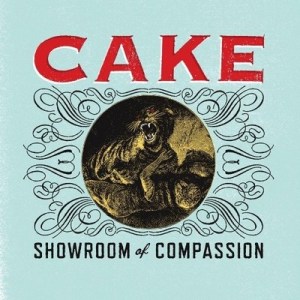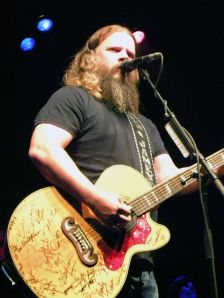By Joel Francis
The Kansas City Star
It is doubtful that Irma Pince, mistress of the library at Hogwarts, would approve of Harry and the Potters.
The band is loud, noisy and proud of its subversive punk influences. For nearly a decade, it has also been the delight of librarians across the country.
The band makes a return appearance to the downtown branch of the Kansas City Public Library at 2 p.m. Sunday in a free performance and Monday at the Replay Lounge in Lawrence.
“Most libraries don’t see any bands;they see author readings and story time,” said guitarist Paul DeGeorge, who founded the group with his brother Joe in Boston in 2002 and now lives in Lawrence. “Sometimes we get librarians who think we’re too loud, but now that our reputation precedes us, I think they like that what we do is unique.”
 Tying in to the most popular fiction series of the new millennium doesn’t hurt either. With songs such as “Gryffindor Rocks,” “Dumbledore’s Army” and “Saving Ginny Weasley from Dean Thomas,” the duo has plugged right into the zeitgeist.
Tying in to the most popular fiction series of the new millennium doesn’t hurt either. With songs such as “Gryffindor Rocks,” “Dumbledore’s Army” and “Saving Ginny Weasley from Dean Thomas,” the duo has plugged right into the zeitgeist.
The band is among the more successful of a long list of wizard rockers, including such Potter-inspired groups as Draco and the Malfoys, the Moaning Myrtles and the Whomping Willows. They even gather for festivals, such as the annual Hallows and Horcruxes Ball in Manhattan, Kan.
“It all started as sort of a whimsical idea after reading the Harry Potter book for the first time. We wanted to find a way to convince librarians to let us play loud punk rock music in their libraries,” DeGeorge said. “We didn’t realize how extensive and pervasive the Harry Potter fan world is. Once our website [Web site] was up, word spread really quickly, and that’s when we started touring nationally.”
Onstage, both brothers are dressed as Potter. Older brother Paul portrays the seventh-year wizard, while Joe represents Potter in his fourth year at Hogwarts. Although the family-friendly music attracts a young audience, Paul DeGeorge aims for a wide demographic.
“They Might Be Giants is a band I really related to in junior high, but as I grew up I realized there were a lot of smart things in those songs that I didn’t get when I was 12,” DeGeorge said. “We want to do the same thing. We want to keep the parents engaged as well, give them stuff to smile at that their kids won’t get and give the kids things to laugh at the parents will just think is cute.”
J.K. Rowling hasn’t weighed in on Harry and the Potters, but she is a big fan of the Harry Potter Alliance, a nonprofit group DeGeorge founded.
“The Harry Potter Alliance was inspired by the fact that Harry and his friends were just teenagers, but because they were dedicated to fighting evil they changed the world,” DeGeorge said. “We re-contextualize complex global issues through Harry Potter’s world. It’s a way to help young people understand the world and get involved using language they understand.”
Although the band is strong, DeGeorge confessed it isn’t as all-encompassing since he moved from his native Boston to Lawrence, Kan. a year ago. DeGeorge moved away from his brother to be with his girlfriend, who is earning her doctorate in art history at the University of Kansas.
“We used to do 120 shows a year, then record,” DeGeorge said. “Now we’re doing a two-month tour and will take some time off. In some ways, though, the distance makes us more focused, because we know we have to maximize our time together.”
Keep reading:









